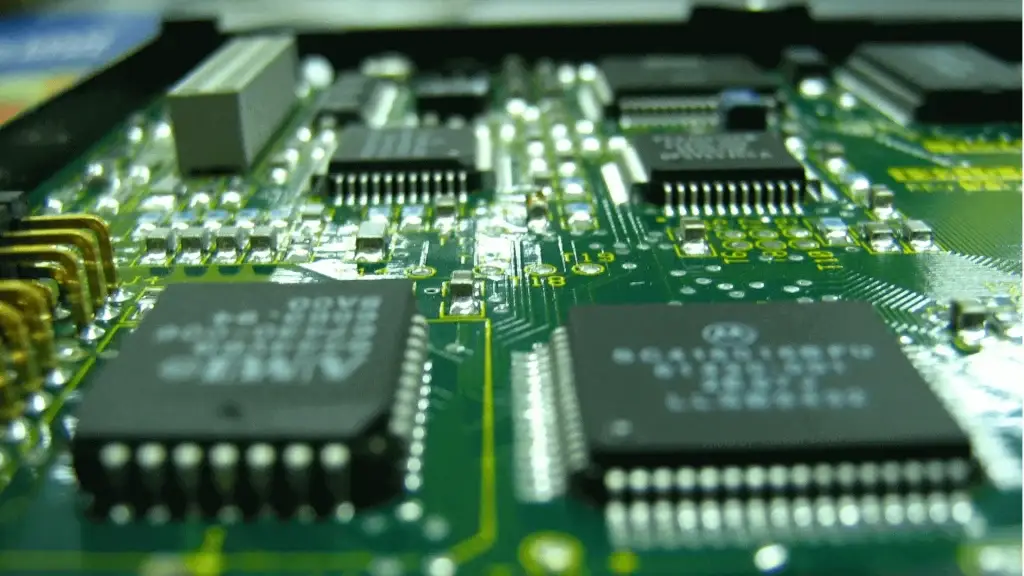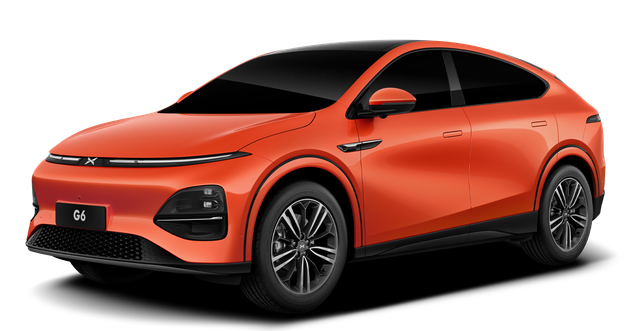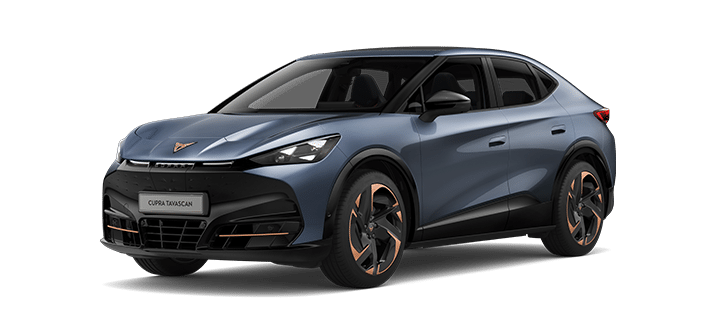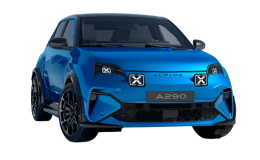Until December 31, 2022, discover several electric vehicle models available for delivery before Christmas!
Why is there a global shortage?
Semiconductors are electronic electronic components essential to the operation of the devices we use every day. They keep your computer from overheating and enable your smartphone chip to transmit information. But what is less well known is that these "miniature brains" also play a fundamental role in vehicle construction. In the age of "everything connected", semiconductors are essential for the deployment of assistance systems, such as ADAS (Advanced Driver Assistance Systems), or for the installation of sensors that can immediately alert the driver to engine failure and low fuel levels.
However, since 2020, there has been a worldwide worldwide shortage of semiconductors, which is having a severe impact on the automotive sector. This is largely due to the global health crisis, which has led not only to the temporary closure of production sites, but also to a temporary drop in orders from automakers. At the same time, sales of electronic devices have risen at the same pace as confinements, leading to widespread telecommuting and new habits. With the economic recovery, supply has therefore fallen short of demand... Especially since the automotive market is not the only one requiring semiconductor supplies! The high-tech and IT industries have also been hit hard.
So much so, that many carmakers have been forced to suspend their production lines, at the risk of facing considerable delivery delays.
Others have decided not to bring certain long-awaited models to market. For example Renault has deplored a loss of production equivalent to 500,000 units in 2021. In the third quarter of last year, AlixPartners estimated that automakers worldwide would lose 180 billion euros in revenue. firm AlixPartners.
Unfortunately, semiconductor design takes a long time. On average, it takes four months to obtain a usable component. Despite efforts by component manufacturers to increase production rates, the shortage is unlikely to be resolved before the end of 2022.
What is the impact of the semiconductor shortage on electric vehicles?
The shortage has so far had little impact on the electric and hybrid vehicle market, which has recorded 60% growth in 2021. However, vigilance is still called for. While the absence of these precious components has greatly reduced the production of combustion-powered vehicles, it could be even more detrimental to the electric car segment.
Indeed, hybrid and 100% electric vehicles require two to three times as many semiconductors - nearly 3,000 in the most sophisticated models!
It's logical: this type of motorization relies heavily on power electronics. Semiconductors, with their combination of insulating and conducting properties, are the key to controlling the flow of electricity.
On the other hand electric batteries free from the constraints associated with lithium-ion batteries lithium-ion batteries batteries (liquid batteries), offer better results in terms of durability andrange. However, they require more components and, consequently, greater investment. These are estimated at over 7.4 billion dollars, according to the British research firm IDTechEx.
The shortage of semiconductors has highlighted automakers' dependence on third-party industries, most of which are located in Asia. The company TSMC, whose factories are based in Taiwan, alone produces over 50% of the world's supplies.
However, a few players have managed to make the most of the shortage of electronic components. Hyundai, for example, has decided to produce its own semiconductors to increase its autonomy.
For its part, Tesla has taken advantage of an alliance between suppliers. By adapting the compatibility of its vehicles to the different chips available on the market, the electric car manufacturer can now multiply its sources of supply.
What does the shortage mean for consumers?
Buyers are being hurt in a number of ways, since the shortage is not only leading to longer delivery times, but also to higher prices. Manufacturers have been forced to compensate for the financial losses incurred by the drop in production by increasing their margins.
The consequences are particularly heavy for managers who have to deal with the greening of their fleet, precipitated by the implementation of the LOM law (Mobility Orientation Law). The latter requires private fleets to include a quota of low-emission vehicles. To support their electricvehicle fleet and thus avoid penalties, companies have every interest in anticipating orders. Many of them will have to increase their annual investments or reallocate spending items by prioritizing their vehicle fleets.
Today, the automotive segment accounts for just 10% of chipmakers' business. It's a safe bet that production will be reallocated in the future, in particular to support the growth of electric and hybrid cars.
Despite its far-reaching consequences, the semiconductor crisis has highlighted new prospects for the automotive sector. Against the backdrop of the transition to electric vehicles, which will dominate the European market by 2035, new challenges need to be met to encourage the relocation and autonomous production of electronic components.
































